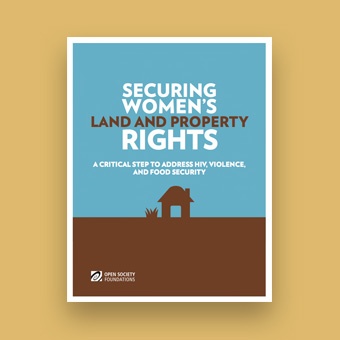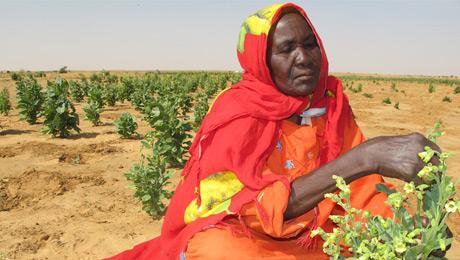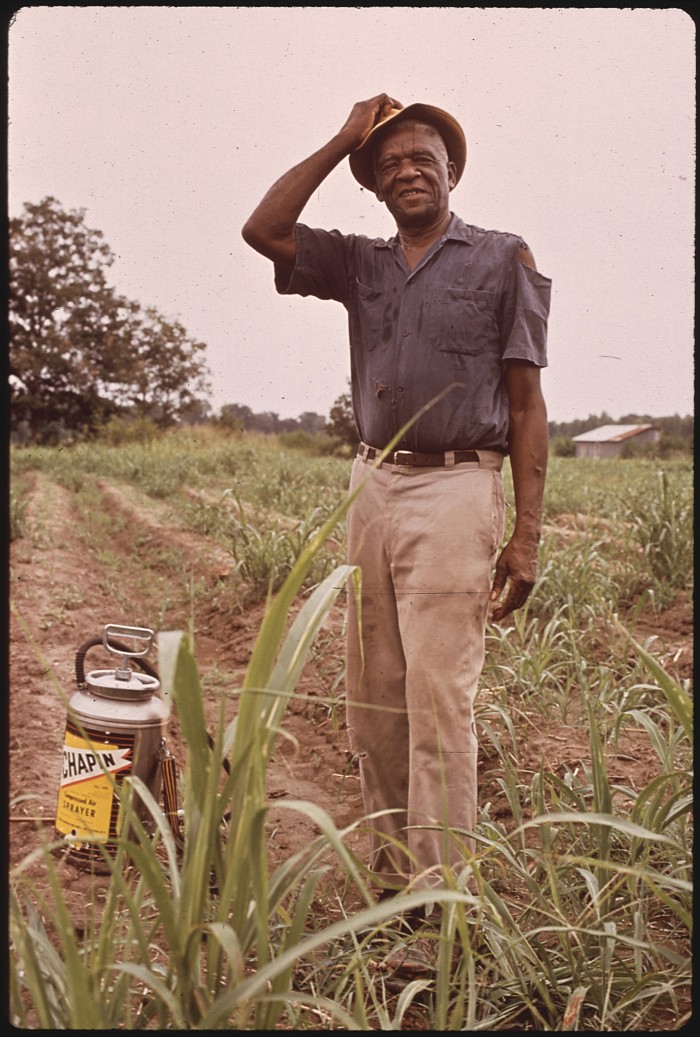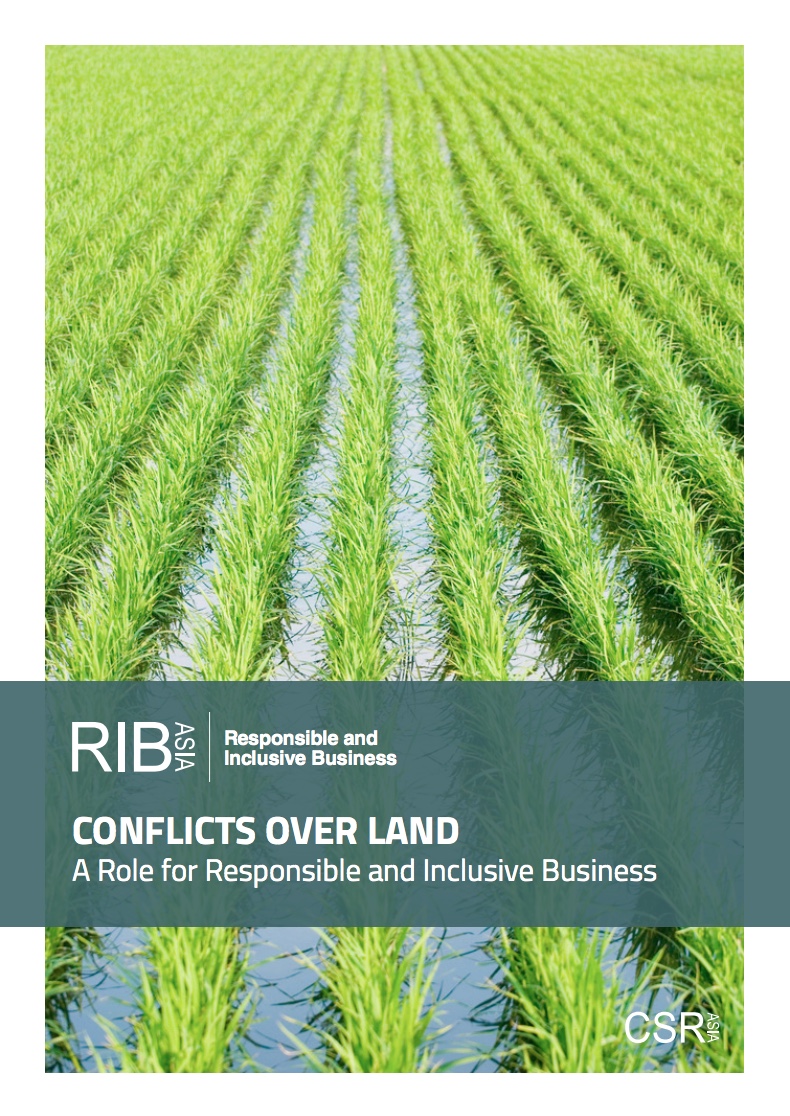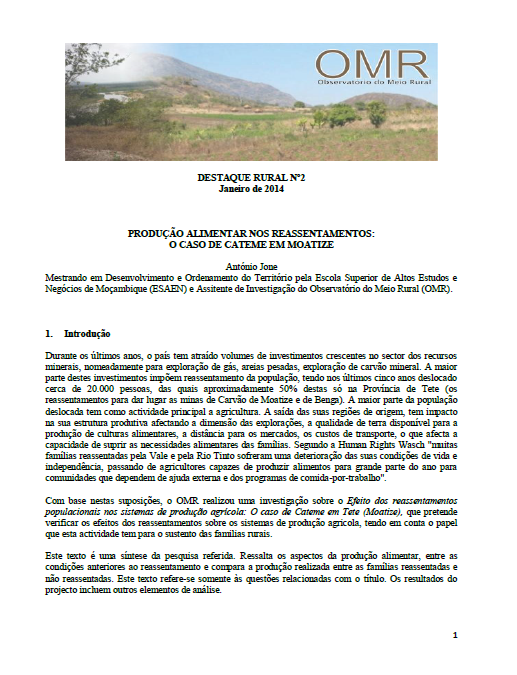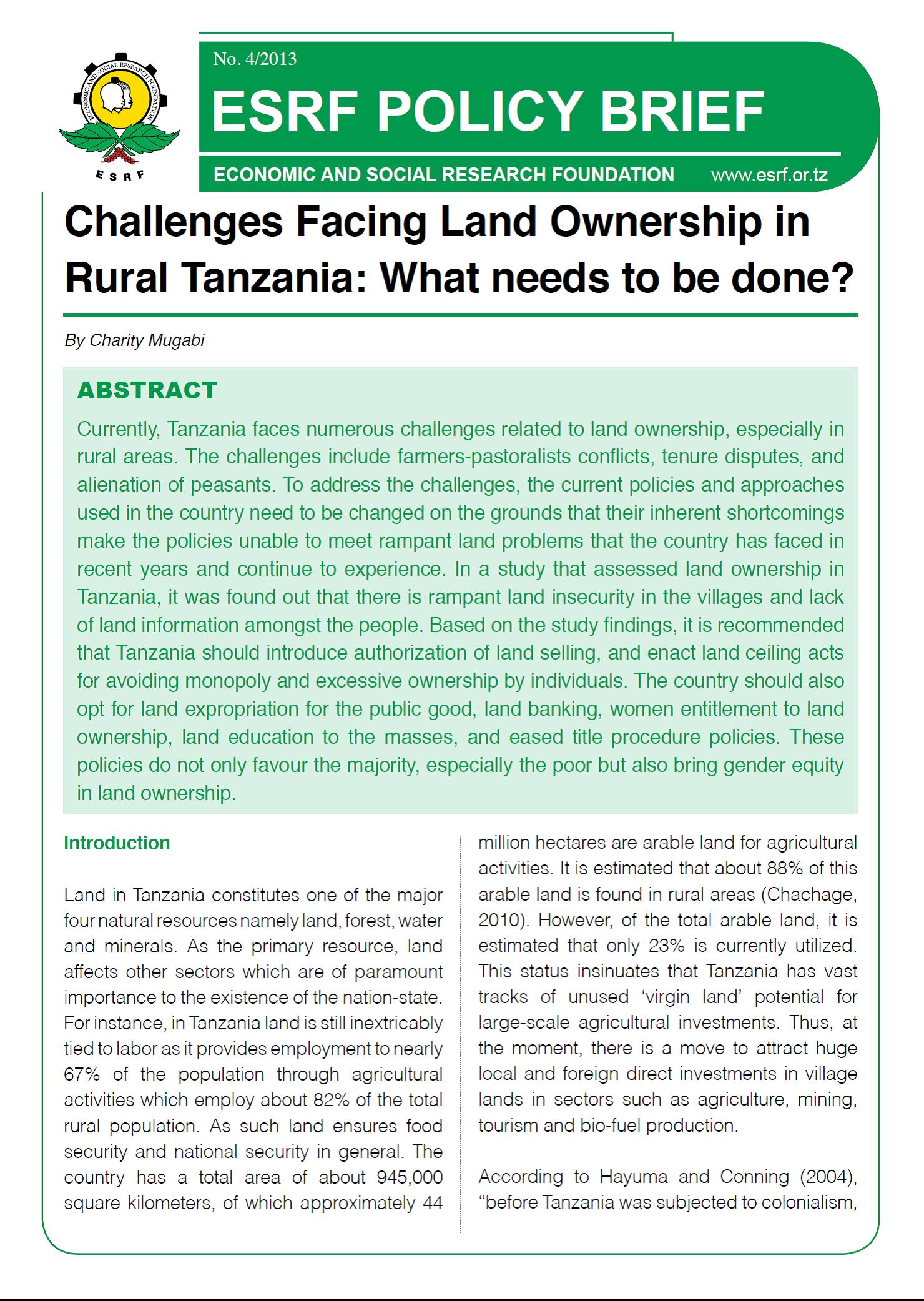Land Rights Monitors and the Struggle for Land Rights in Agricultural Investment Areas
To ensure that there is sustainability at the community level in its land rights and governance training programme, Land Rights Research and Resources Institute (HAKIARDHI), a Tanzanian national level organization that spearheads land rights of small-scale producers, uses land rights monitors (LRMs) in its program areas. In each of the selected villages of the program districts, two LRMs (a man and a woman) who have received land rights training from HAKIARDHI are democratically elected by villagers.



